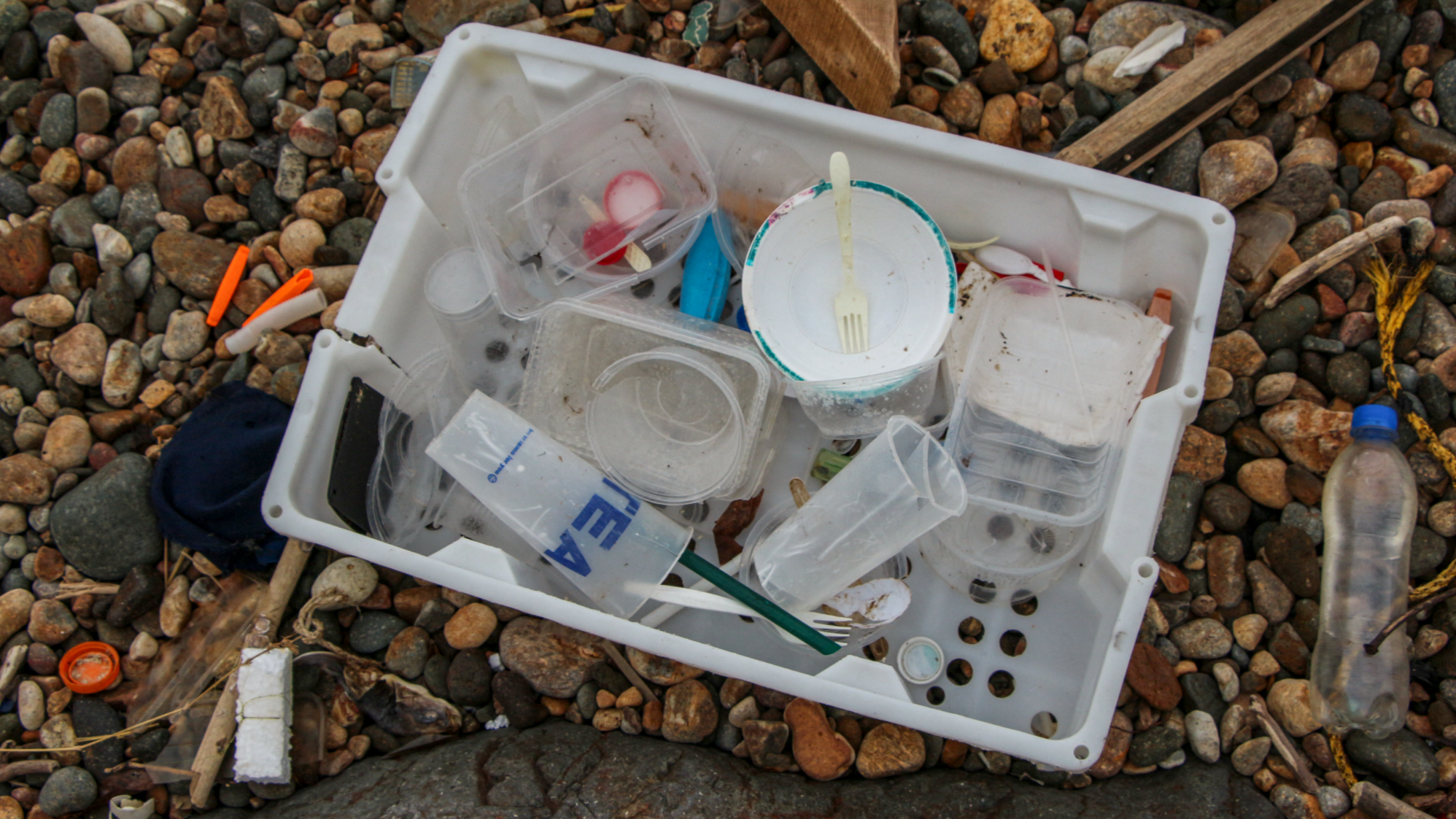
Participants in a Hong Kong waste-charging pilot have called for a halt to the pay-as-you-throw policy after raising a raft of concerns, a government survey revealed on Friday.
The Hong Kong Special Administrative Region government ended the pilot program on Friday after nearly two months of operation. Fourteen residential, business and public sites participated in the small-scale trial began on April 1.
The residents also urged the government to increase the number of waste-recycling facilities. In particular, they wanted more recycling bins for kitchen waste and extra collection points for oversize garbage
In a report submitted to the Legislative Council on Friday, the Environment and Ecology Bureau said trial’s participants had complained about the high cost of designated trash bags and implementation difficulties due to lack of guidance and support. Many of them called on the government to further postpone or shelve the program.
READ MORE: CE: Pragmatic approach taken for waste charging
The report, based on a survey of 750 residents, cleaning workers, employees of property management companies, business operators and other participants of the program’s participants, is set to be jointly reviewed on Monday by LegCo’s Panel on Environmental Affairs and Panel on Food Safety and Environmental Hygiene.
The bureau said most residents did not want the program to be implemented citywide on Aug 1 as planned because the community was not adequately prepared for it.
They questioned whether using the designated bags would generate more plastic waste — in contradiction to the waste reduction goal — and if the scheme would be adequately enforced, according to the report.
The residents also urged the government to increase the number of waste-recycling facilities. In particular, they wanted more recycling bins for kitchen waste and extra collection points for oversize garbage.
Many cleaning workers also reported that the program had increased their workload, with some even saying they will quit their jobs once the policy is implemented.
Two “three-nil buildings” — those that operate without an owners’ corporation or any form of residents’ organization — participated in the trial run, but only 20 percent of their residents used designated bags, according to the report
Shop owners warned it would be unwise to push ahead with the policy when the economy is sluggish, while restaurant operators said it would increase the burden on employees.
Managers of nursing homes said the waste-charging program would not help reduce their waste as the consumption of diapers and anti-COVID materials is not covered by it.
The property management company of the sole government building in the trial run said it hopes the prices of designated bags will be halved. The building’s cleaning contractor said its workers may need an extra six months to a year to fully understand the new policy.
The survey also found that although designated bags are provided for free during the pilot, just 20 to 50 percent of households used them.
Two “three-nil buildings” — those that operate without an owners’ corporation or any form of residents’ organization — participated in the trial run, but only 20 percent of their residents used designated bags, according to the report.
Edward Lau Kwok-fan, who chairs LegCo’s environmental affairs panel, said he believes the government will halt citywide implementation of the waste-charging program because so many problems have been exposed during the trial run.
READ MORE: Govt vows to beef up campaign on waste charging
The authorities will also outline future roadmaps for waste charging and reduction at the meeting on Monday, he added.
Lau said willingness to take part in the survey was directly linked to the level of support offered by management of the sites. He suggests the government implement the policy in phases, starting with areas that have better infrastructure.
In a separate survey conducted by the Hong Kong Research Association, more than 70 percent of the 1,062 interviewees disagreed with enacting the waste-charging program on Aug 1, while 48 percent felt the program should be implemented no earlier than 2026.
Contact the writer at williamxu@chinadailyhk.com


